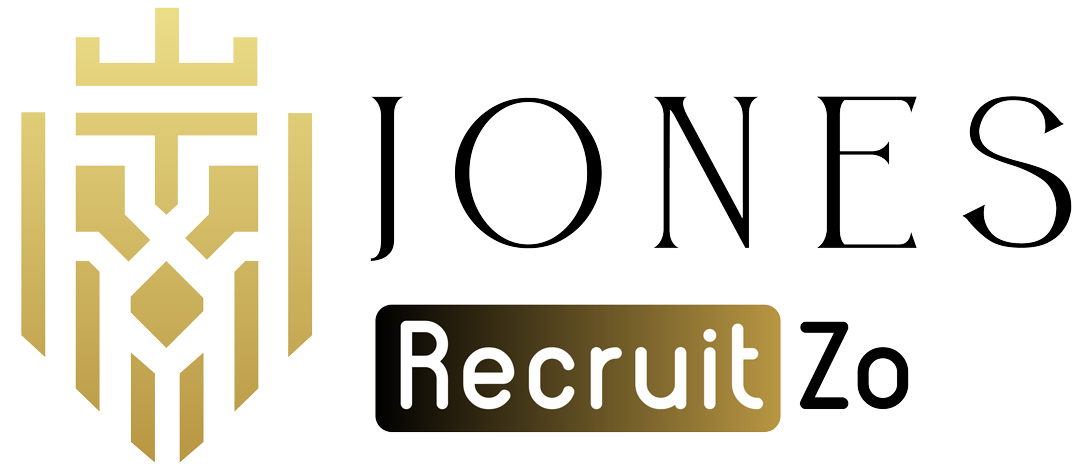What Is an Employee Value Proposition?
The Employee Value Proposition (EVP) includes the host of benefits, rewards, and experiences that employers offer to bring an employee on board, keep him engaged, and ensure retention. It captures what makes a company a sought-after place to work and why a company could keep an employee as well as the potential employee’s reason for interest in the company.
A strong EVP elevates the reputation of an organisation, but it also leads to a positive work culture in which employees feel valued and inspired.
Key Components of an EVP (Employee Value Proposition)

A compelling EVP consists of multiple elements that together create a satisfying and motivating work experience. Here are the five key components that make up a strong Employee Value Proposition:
-
Compensation and Benefits
Salary, bonuses, and other financial incentives are key factors in ensuring employee satisfaction. Besides paying people well, organisations must offer enticing employee benefits, including health insurance, paid leave, retirement plans, and wellness programmes to make employees feel financially secure and taken care of.
-
Career Development
Employees are more likely to stick with a firm that invests in their growth. Training opportunities, mentorship, leadership development, and upskilling programmes allow the employee to hone skills and advance career development. By focusing heavily on career growth, the motivation of the workforce will enhance, guaranteeing productivity.
-
Work-Life Balance
Work-life balance is essential for the health and welfare of employees. Organisations create conducive environments for maintaining the balance of work and life by encouraging flexible work arrangements and remote working opportunities and providing mental wellness assistance.
-
Company Culture
An organisation’s culture affects employee engagement and job satisfaction. A positive workplace culture rests on values such as collaboration, transparency, diversity, and respect. As a result, organisations that promote inclusion and encourage communication afford employees a strong sense of belonging.
-
Work Environment
A healthy and supportive working environment contributes to the morale and efficiency of an employee. Provision of a safe, comfortable, and inspiring workplace, whether traditional or remote, ensures an employee is motivated to use his/her full potential towards work. State-of-the-art technology, ergonomic workstations, and a cheerful team atmosphere will certainly create a great working environment.
Why Is an EVP (Employee Value Proposition) Important?
A well-defined EVP is essential for businesses aiming to attract and retain top talent. Here’s why it matters:
-
Strengthens Employer Brand
An effective EVP magnifies an employer’s reputation. It sends a message about what makes the organisation special and ensures that prospective employees can see what they will have in return for joining.
-
Reduces Turnover Rates
The longer employees stay with an employer, the better their needs and expectations have been met by that employer. A strong EVP minimises unwanted attrition, nurtures job satisfaction, and ensures workforce continuity for companies.
-
Enhances Employee Engagement
When employees receive fair value from their employers, they become more engaged, committed, and highly motivated to act in the company’s favour. Correspondingly, when the EVP is catered to the employees’ expectations, productivity and performance soar high.
-
Attracts Top Talent
In this fiercely competitive job market, talented professionals leave no stone unturned in evaluating potential employers in terms of far more than salary. A well-built EVP expresses an organisation’s values, work culture, and growth opportunities in an attractive light; this helps the hiring process in more readily pulling high-calibre applicants who resonate with the company’s vision.
How to Develop a Strong EVP (Employee Value Proposition)

Creating an EVP that resonates with employees requires careful planning and execution. Here’s how businesses can develop a compelling EVP
-
Understand Employee Needs
Knowing what really matters to employees is a must before you even begin to draft an EVP. One sure shot way is to outsource surveys and/or feedback sessions, as well as interviews with people just leaving the company, into your organisations.
-
Define Your Unique Offerings
An EVP would need to make that clear: what the organisation offers that is ‘different’. It may have to do with more competitive basic pay, flexible work hours, opportunities for growth in the career field, or even having better camaraderie amongst the teams, and based on these hallmarks that make you different from the competition, define what your value proposition is.
-
Communicate Your EVP Effectively
A well-structured and designed EVP has to run through all channels, be it through job postings, career pages, internal meetings, and such other channels as the onboarding process. In doing so, it helps employees and prospective applicants grasp the EVP and strengthens employer branding and engagement.
-
Continuously Improve Your EVP
People’s expectations change over time, and so should the value proposition of an organisation. Keeping the EVP ongoing by receiving regular feedback from the employees is the ‘better’ option for having a relevant, realistic, and highly effective value proposition for employees.
FAQs
1) What Is an Employee Value Proposition?
An Employee Value Proposition (EVP) is a collection of rewards, benefits, and work experiences that an employer provides to employees in return for their skills, contribution, and loyalty.
2) What’s the difference between your EVP and your employer brand?
An EVP focuses on the actual benefits and perks that employees receive, while employer brand is the reputation of the company as a place to work, based on how the EVP is communicated to potential employees and current employees.
3) What are the 5 pillars of EVP?
The five basic pillars of the Employee Value Proposition are Compensation and Benefits, Career Development, Work-Life Balance, Company Culture, and Work Environment.
4) Why Is an Employee Value Proposition Important?
A strong EVP enhances employer branding, decreases attrition, increases engagement, attracts top talents, and creates a motivated workforce.















